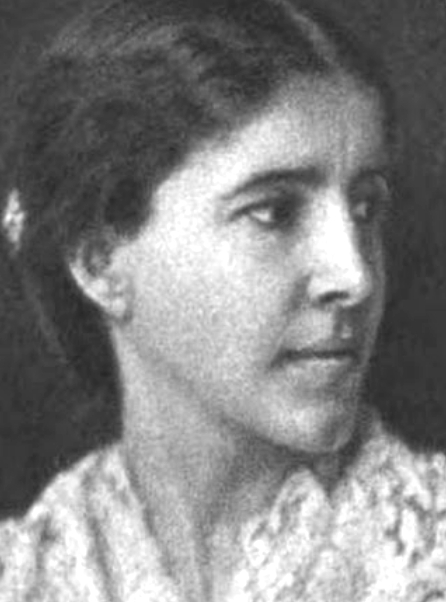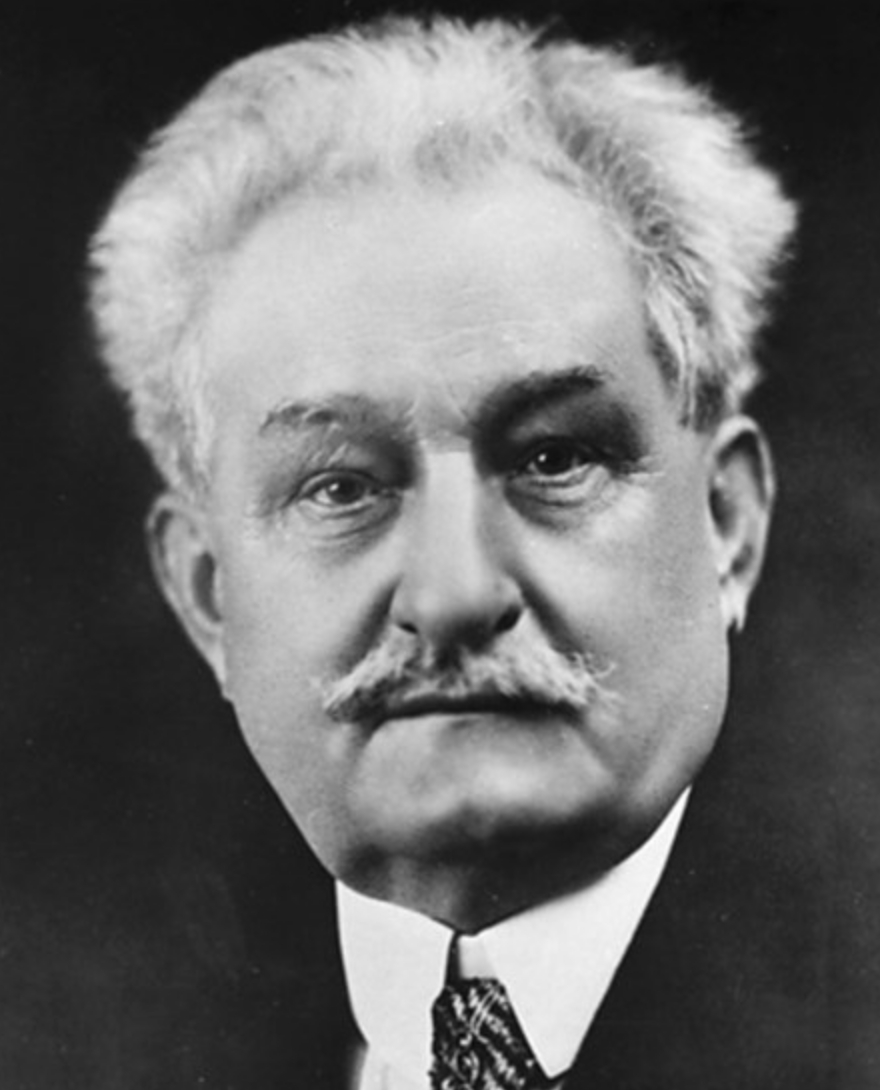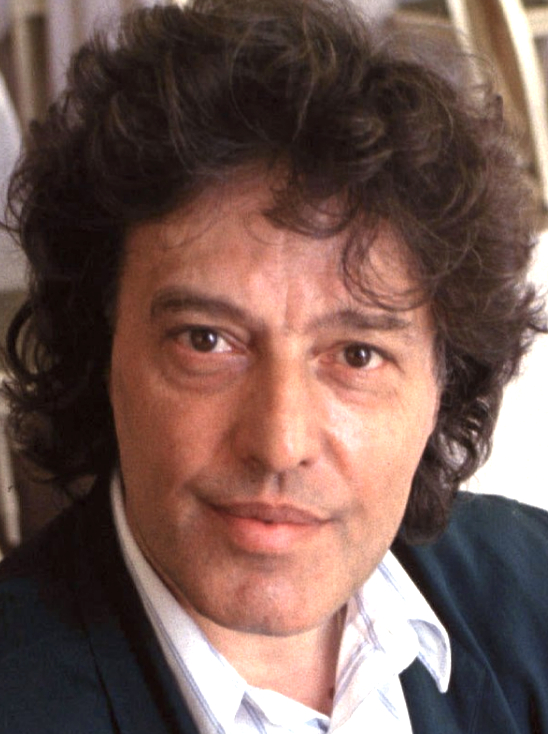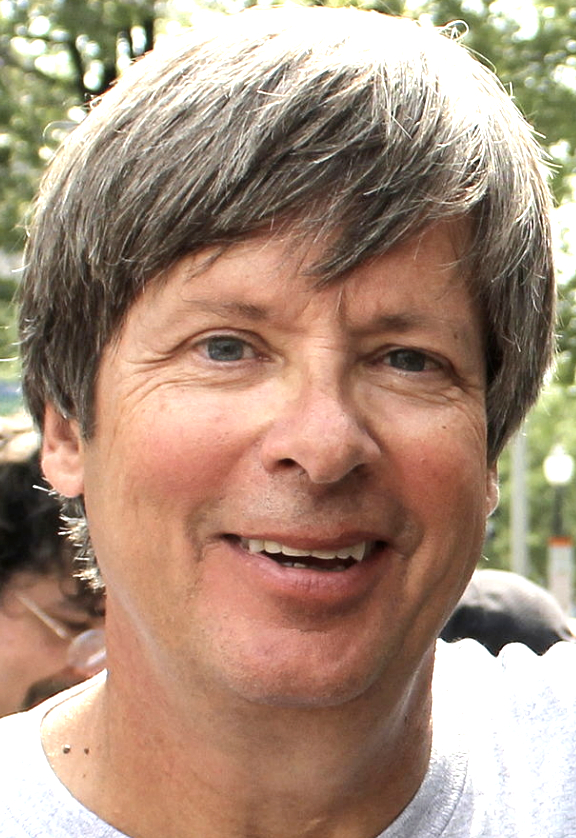July 3
Charlotte Perkins Gilman

On this date in 1860, Charlotte Perkins Gilman was born in Hartford, Conn. A poet, author, editor and theorist, Gilman became one of the most celebrated feminists of her day. Her father, who virtually abandoned the family, was the grandson of evangelist Lyman Beecher. She educated herself, embracing daily exercises and eschewing corsets. She married artist Charles Walter Stetson when she was 23. She suffered paralyzing depression brought on after giving birth in 1885 to her daughter Katherine. It’s detailed in her 1890 classic story “The Yellow Wallpaper.”
After separating from her husband, she launched a career as lecturer, journalist and author. Her collection of poems, In This Our World (1893), includes a poem “To the Preacher,” which jeers: “Preach about yesterday, Preacher! … Preach about the other man, Preacher!/Not about me!” When she attended her first National American Woman Suffrage Association convention in 1896, a sister feminist wrote that Gilman had “originality flashing from her at every turn like light from a diamond.” She defended Elizabeth Cady Stanton‘s Woman’s Bible when the delegation passed a resolution against it. Woman and Economics (1898) made her an international figure.
Her thoughts on race were less than enlightened. In “A Suggestion on the Negro Problem” in the American Journal of Sociology in 1909, she wrote, “We have to consider the unavoidable presence of a large body of aliens, of a race widely dissimilar and in many respects inferior, whose present status is to us a social injury. If we had left them alone in their own country this dissimilarity and inferiority would be, so to speak, none of our business. There are other races, similarly distinguished, whose special standing in racial evolution does not embarrass us; but in this case it does.” According to biographer Cynthia Davis, Gilman once said on a trip to London, “I am an Anglo-Saxon before everything” and claimed that non-British immigrants to America were diluting the nation’s reproductive purity.
Other nonfiction included Concerning Children (1901), Human Work (1904), The Man-Made World; or, Our Adrocentric Culture (1911), and His Religion and Hers: A Study of the Faith of Our Fathers and the Work of Our Mothers (1923). In that work, she called for a religion free of patriarchy and wrote, “One religion after another has accepted and perpetuated man’s original mistake in making a private servant of the mother of the race.” In one of her poems she wrote, “What you think may guide our acts / But it does not alter facts.” She once asked,”What glory was there in an omnipotent being torturing forever a puny little creature who could in no way defend himself?”
She found happiness in her 35-year marriage to George Houghton Gilman and wrote her autobiography, The Living of Charlotte Perkins Gilman, in 1935. That year Gilman, a firm believer in euthanasia, took her own life using chloroform when pain from inoperable breast cancer became unbearable. (D. 1935)
Preach about the other man, Preacher!
The man we all can see!
The man of oaths, the man of strife,
The man who drinks and beats his wife,
Who helps his mates to fret and shirk
When all they need is to keep at work —
Preach about the other man, Preacher!
Not about me!— From Gilman's poem "To the Preacher" in the collection "In This Our World" (1893)
Leoš Janáček

On this date in 1854, Czech composer and librettist Leoš Janáček was born in Hukvaldy, Moravia, then part of the Austrian Empire. Baptized as a Catholic, at age 11 he became a ward of the foundation of the Abbey of St. Thomas in Brno, took part in choral singing and played the organ and piano. In 1874 he enrolled at the Prague Organ School and graduated with high marks.
He began earning a living in Brno as a music teacher and choir director while writing his first vocal compositions. One student was Zdenka Schulzová. They married when he was 27 and she was 15. In association with the Augustinian Monastery, he founded a college of organists and directed the group until 1919. He also directed the Czech Philharmonic Orchestra from 1881-88.
Janáček was a prolific composer of orchestra, chamber and vocal works, from operas to church music, and was a folklorist during one period, using a repertoire of folk songs and dances in orchestral and piano arrangements. In 1919 he became a professor of composition at the Prague Conservatory. Along with Antonín Dvořák and Bedřich Smetana, he’s considered one of the most important Czech composers.
He was prone to rejecting conventional religious beliefs and disclaimed any faith in an afterlife. In 1918 he wrote to Zdenka: “[Playwright Gabriela] Preissová believes in the soul and in its wandering, and I know that all is just a process of life which ends so quickly — and there is no continuation. And I’d like now to live long.”
After the deaths of two children, his son Vladimir in 1890 and daughter Olga in 1903, the couple’s marriage foundered, hampered by Janáček’s attraction to other women. While the couple remained together, it was a marriage in name only until his death at age 74. (D. 1928)
“Today they are lifting the bells into the tower. It would be nice if they weren’t calling people to bamboozling.”
— Janáček commenting on an archbishop's consecration of new church bells in July 1926. "The riddle of life: The letters of Leoš Janáček to Kamila Stösslová" (1990)
Tom Stoppard

On this date in 1937, playwright Tom Stoppard (né Tomás Straüssler) was born in Zlin, Czechoslovakia (now the Czech Republic), to Martha Becková and Eugen Straüssler, a physician. His parents were nonpracticing Jews. “His mother kept her own ‘Jewishness’ a secret; and so, Tom grew up with a safe sense that his relationship to Jewishness was past, distant and patrilineal.” (jewthink.org, March 18,2021) All four of his grandparents and three maternal aunts died in the Holocaust.
The Straüsslers fled Czechoslovakia in 1938 to escape the Nazis and then to Singapore, where the shoe company his father worked for had a plant. The family, except for Eugen, soon fled again as the Japanese approached Singapore. Eugen drowned in 1942 when the Japanese bombed the ship he was leaving on. By then, the rest of the family had evacuated to India.
In 1945 his mother married British Army Major Kenneth Stoppard, and she and her sons took his surname, moving to England the next year. His stepfather would prove to be anti-SemiticStoppard left school at age 17 to work as a journalist and drama critic, which introduced him to the theatrical world. He started writing plays for radio, TV and the theater.
A Ford Foundation grant in 1964 enabled him to spend five months writing a one-act play titled “Rosencrantz and Guildenstern Meet King Lear,” which evolved into “Rosencrantz and Guildenstern Are Dead,” which won the 1968 Tony Award for Best Play. A string of successful and award-winning plays followed, including “Jumpers” (1972), “Travesties” (1974), “Every Good Boy Deserves Favour” (1977), “The Real Thing” (1982), “Arcadia” (1993), “The Invention of Love” (1997), “The Coast of Utopia” (2002 trilogy), “Rock ‘n’ Roll” (2006), “The Hard Problem” (2015) and “Leopoldstadt” (2020).
Stoppard translated many plays, including those of future Czech President Václav Havel, into English in the 1980s, also a time when he joined Outrapo, a semi-serious French movement to improve actors’ stage technique through science. His 2013 radio production “Darkside” celebrated the 40th anniversary of Pink Floyd’s album “The Dark Side of the Moon.” His only novel, Lord Malquist and Mr Moon (1966), featured a donkey-riding Irishman claiming to be the risen Christ.
He has also co-written over a dozen screenplays, including for the Oscar-winning “Shakespeare in Love” (1998). He wrote and directed “Rosencrantz & Guildenstern Are Dead,” the 1990 film adaptation of his play. His papers are housed at the Harry Ransom Center at the University of Texas at Austin. He was knighted by Queen Elizabeth in 1997, entitling him to put “Sir” before his name.
Stoppard married Josie Ingle, a nurse (1965–1972), Miriam Stern, a physician and media consultant (1972–92) and Sabrina Guinness, an Irish television producer, in 2014. He has two sons from each of his first two marriages.
He once said he tries to live “as if” God existed, akin to Pascal’s Wager, but makes no claim to faith. “I don’t think of myself as being particularly spiritual. I’m quite hard-headed in fact, but I have a sense of, with great respect, science having a long honourable history of self certainty which needs modulating continually and I’m just very very curious about the unknown.” (This View of Life online magazine, May 2, 2015)
PHOTO: Stoppard in 1990 at the Venice Film Festival; Gorup de Besanez photo under CC 3.0.
“I’ve always thought that the idea of God is absolutely preposterous, but slightly more plausible than the alternative proposition that, given enough time, some green slime could write Shakespeare’s sonnets.”
— New York Times interview (April 23, 1974)
Dave Barry

On this date in 1947, author and humorist David McAlister Barry was born in Armonk, N.Y. (home to IBM’s corporate headquarters). His father and grandfather were Presbyterian ministers, but Barry grew up attending an Episcopal church, where he was an altar boy, because Armonk had no Presbyterian congregation.
He recalled his dad as being “more of a social worker than like a pastor.” Barry was raised “sort of religious” but he really wasn’t and called himself an atheist. “It’s okay to believe whatever you believe as long as you don’t think that everyone has to believe it, and if you’re willing to laugh a little bit about your own beliefs, then it’s just going to be easier for everybody to get along with different beliefs.” (Barry, undated video on Big Think web portal)
He had a very happy, stable childhood with “the coolest parents in the world.” At Pleasantville High School, he was voted Class Clown in 1965, then graduated with an English major from Pennsylvania’s Quaker-affiliated Haverford College in 1969, the year he married Lois Ann Shelnut. (Later oft repeated: “Haverford College — Official Motto: No, not Harvard.”) He had two subsequent marriages: to Beth Lenox in 1976 (with a son Robert) and Michelle Kaufman in 1996 (with a daughter Sophie).
Barry worked as a newspaper reporter, editor and columnist until 1975, when he joined Burger Associates, a consulting firm that taught effective business writing. “He spent nearly eight years trying to get various businesspersons to for God’s sake stop writing things like ‘Enclosed please find the enclosed enclosure,’ but he eventually realized that it was hopeless.” (Author bio, davebarry.com)
In 1983 he started an association with the Miami Herald that lasted until 2004. It was there he developed his chops as a widely syndicated humor columnist. He received the 1988 Pulitzer Prize for Commentary “for his consistently effective use of humor as a device for presenting fresh insights into serious concerns.” Other finalists were Molly Ivins, Ira Berkow and Michael Kinsley.
“I always worry when I start thinking my work has to have meaning,” he later wrote. “I don’t write to help people, I write to be funny. Listen, I’d be happy if my column always ran on the comics page, then it would be clear my only goal is entertaining.” (South Florida Sun-Sentinel, Oct. 20, 2001)
His lengthy Year in Review annual columns are reader favorites. From 2021: “The Capitol riot is widely condemned, with much of the blame falling on Trump. He swiftly receives the harshest punishment allowed under the Constitution: He is permanently banned from Twitter, the first sitting president to suffer this fate since Chester A. Arthur.”
One of his most recent books is proof that Barry strives to be silly. “A Field Guide to the Jewish People” (2019), co-written with Alan Zweibel and Adam Mansbach, has an explanatory blurb: “Who they are, where they come from, what to feed them, what they have against foreskins.” He’s published over 40 fiction and nonfiction books, including ones for young adults and children.
From 1993-97, CBS aired the sitcom “Dave’s World” based on his books “Dave Barry Turns 40” and “Dave Barry’s Greatest Hits.” It starred Harry Anderson as Barry and DeLane Matthews as his wife Beth. He identifies politically as a Libertarian and has run several less-than-serious presidential campaigns.
PHOTO: Barry at age 63 in Washington in 2011; Amazur photo under CC 3.0
THE FEDERALIST: You mention that you’re not a believer in God. Are you a Christopher Hitchens-God-is-the-cause-of-all-the-troubles-in-the-world atheist or an agnostic? Do you see any value in religion?
BARRY: I don’t think God is the cause of all the troubles in the world, because I don’t think there’s a God. I think religion causes a lot of problems, although I’ve known a lot of people — my dad, for example — who did a lot of good because of their religious faith.— Interview, The Federalist (April 3, 2014)
